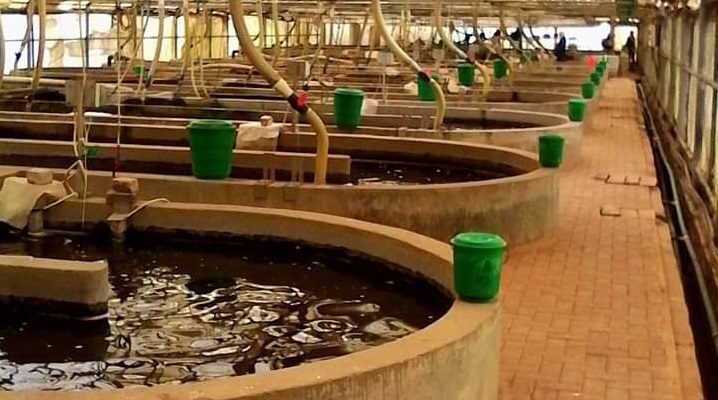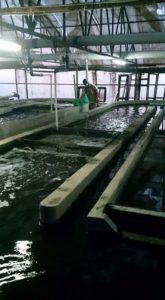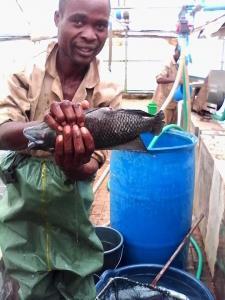
Chambo Fisheries, which breeds the local Tilapia fish commonly known as Chambo, has appealed for government’s assistance in its expansion drive in order to meet the growing demand for fish both on the local and international market.
Disclosing this during an interview, Chambo Fisheries Farm Manager Al Amin said the demand for fish in the country keeps on increasing though stocks in Lake Malawi are being depleted due to over fishing.

Amin said if government would come in and assist the fish farm with grants, the company shall be able to construct other fish farms in all the three regions of the country.
“At the moment, with the local Chambo bread, we are able to produce 100 tonnes per year but our capacity is 800 tonnes per annum. We should be able to produce over 2,000 tonnes per year once we construct additional fish farms in other parts of the country which shall enable us to meet both our local and international demand should government assist us,” said Amin.
He further disclosed that Chambo Fisheries uses a hi tech Bio-Floc Water recirculatory system whose materials and equipment they had to import from outside the country, a development he said makes them to operate under huge production costs hence appealing for government assistance.
Another senior Officer at Chambo fisheries, Abdul Rahman Kalisinje, concurred with Amin saying their system is meant to run 24/7 using electricity and that power challenges also affect their production costs as they are forced to rely on generators.

Senior deputy director in the Department of Fisheries Maurice Makuwira promised to look into Chambo Fisheries’ shortcomings saying government is committed to promote the aquaculture industry in the country.
Meanwhile, a renowned fish farming expert in the country, Asaf Chijere, has warned that the country risks further depletion of its fish stocks due to overfishing and changes in the biodiversity.
He called on government and the private sector to invest in fish farming.
Located along the Thyolo road in Limbe-Blantyre, Chambo Fisheries invested K4.5 billion and has opened up for local market in 2015.
The company has so far employed over 200 locals and trained over 600 local fish farmers who are now self-employed in the aquaculture industry.














